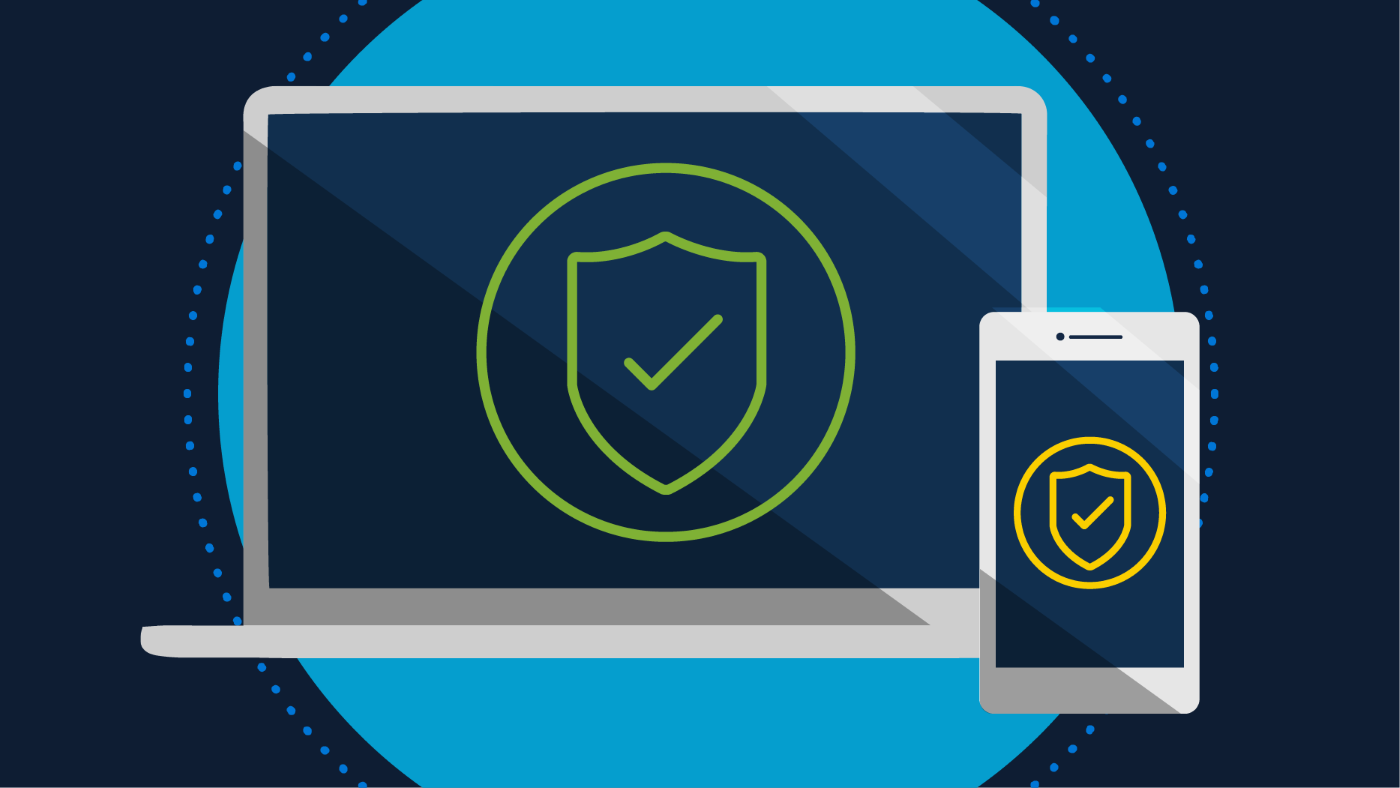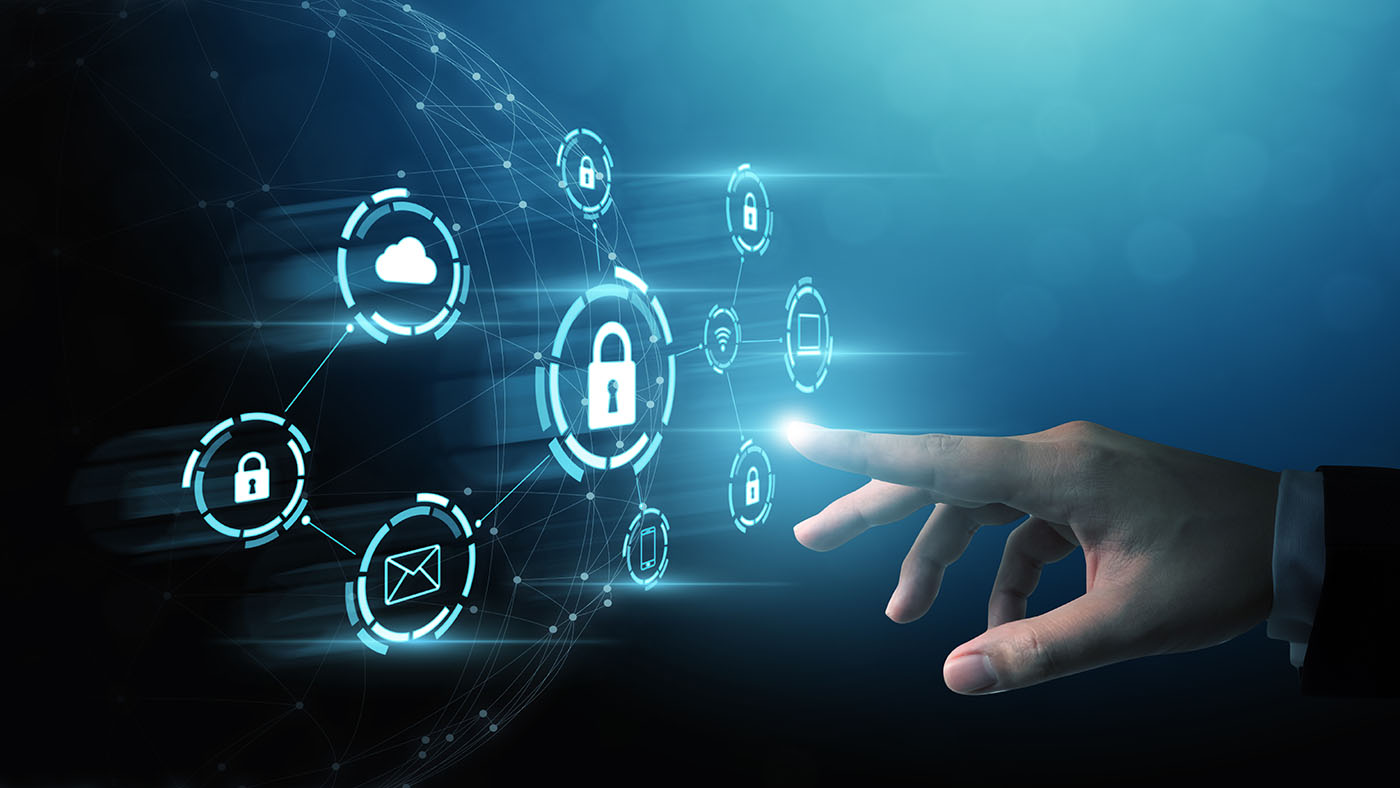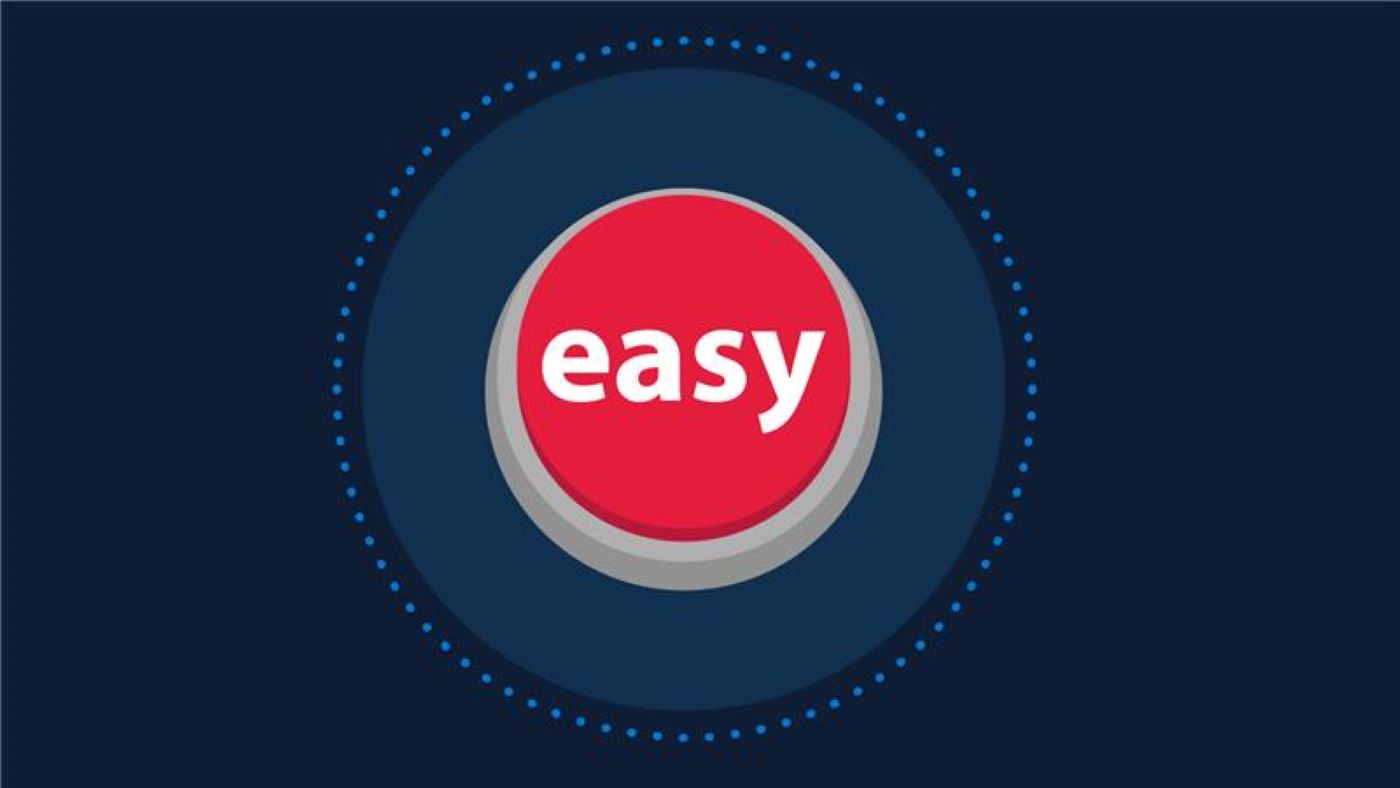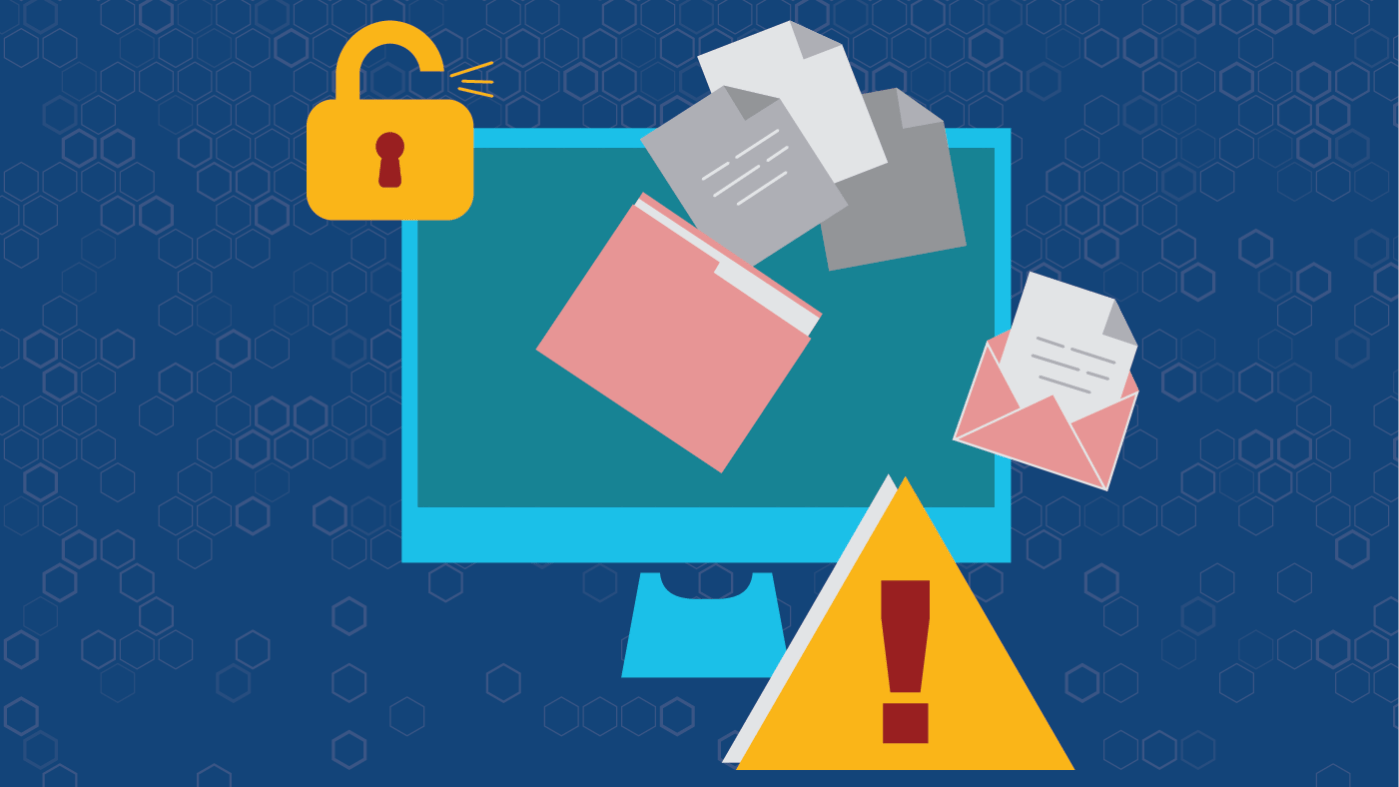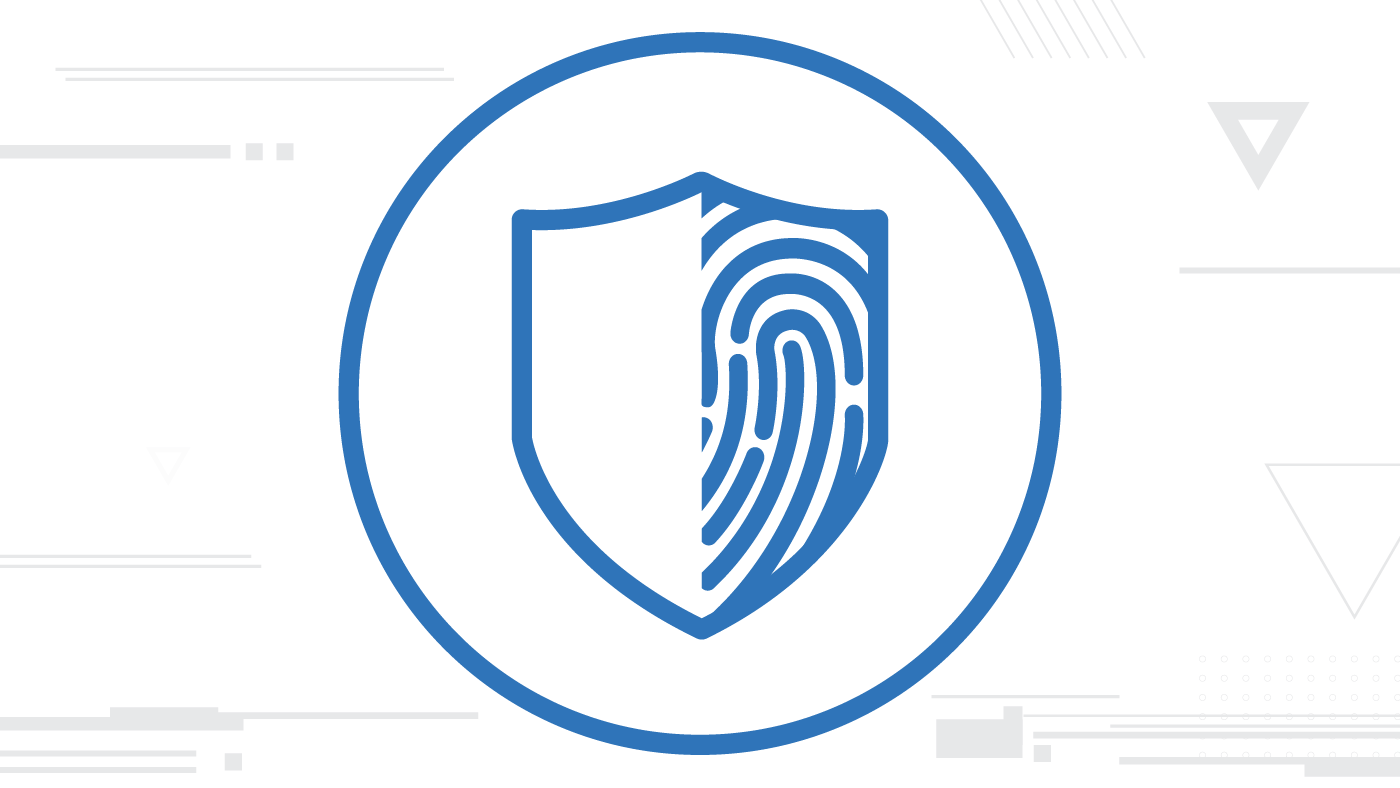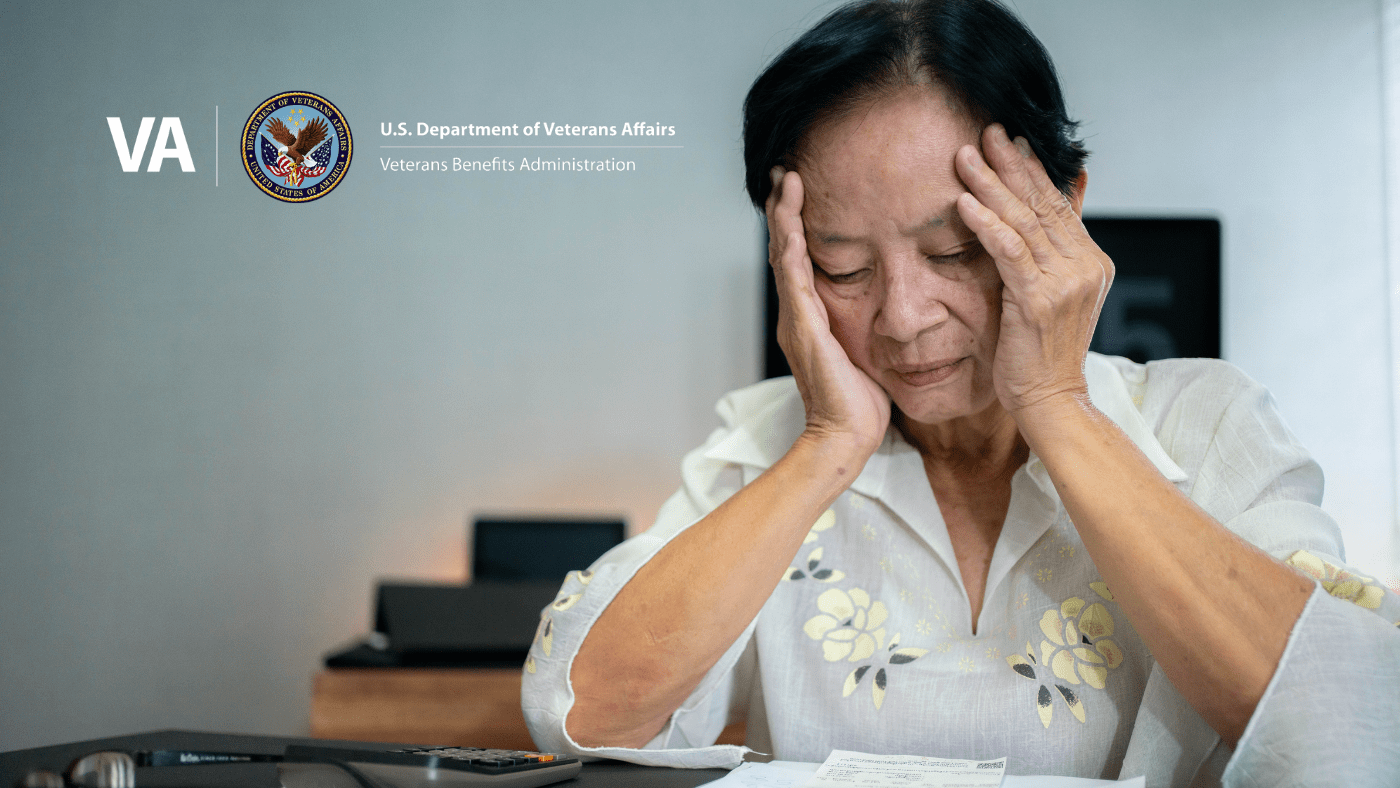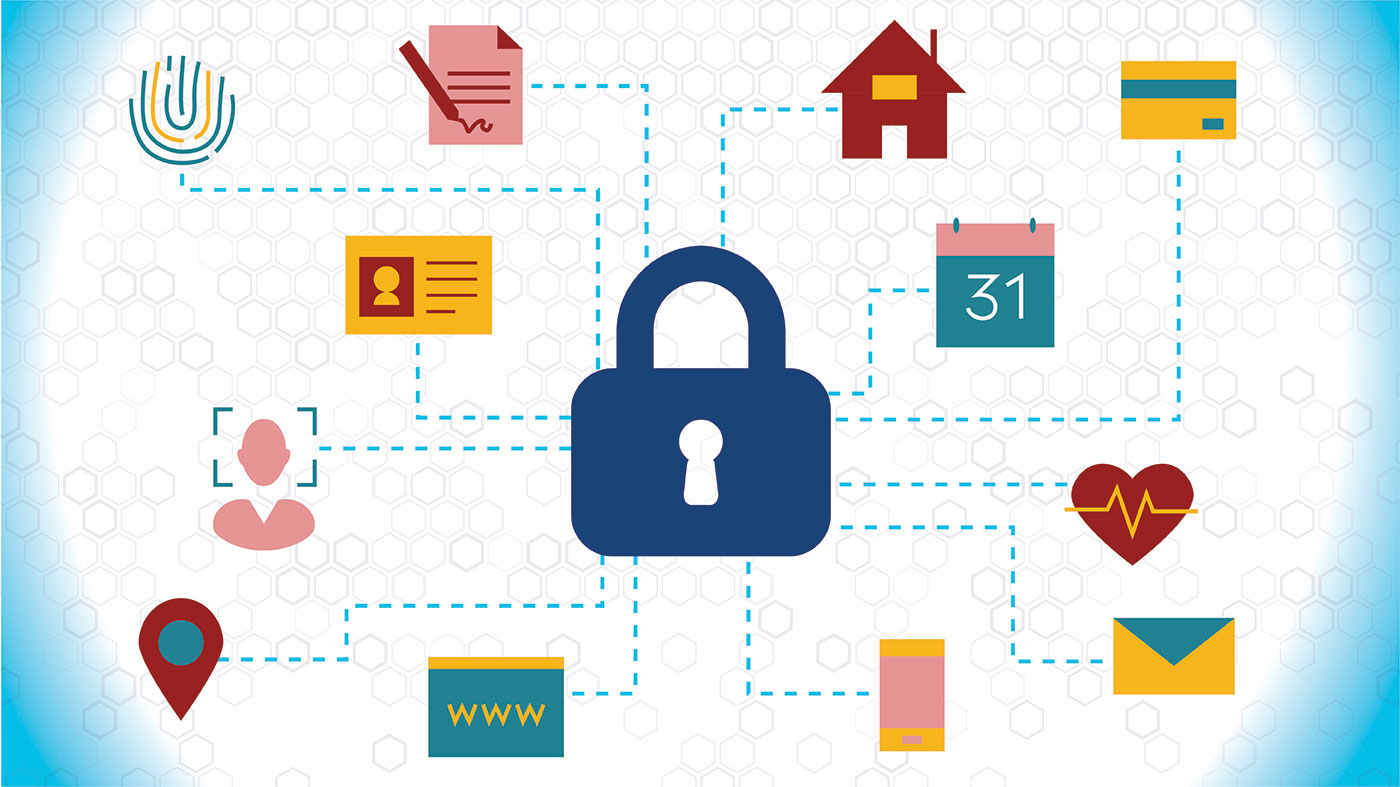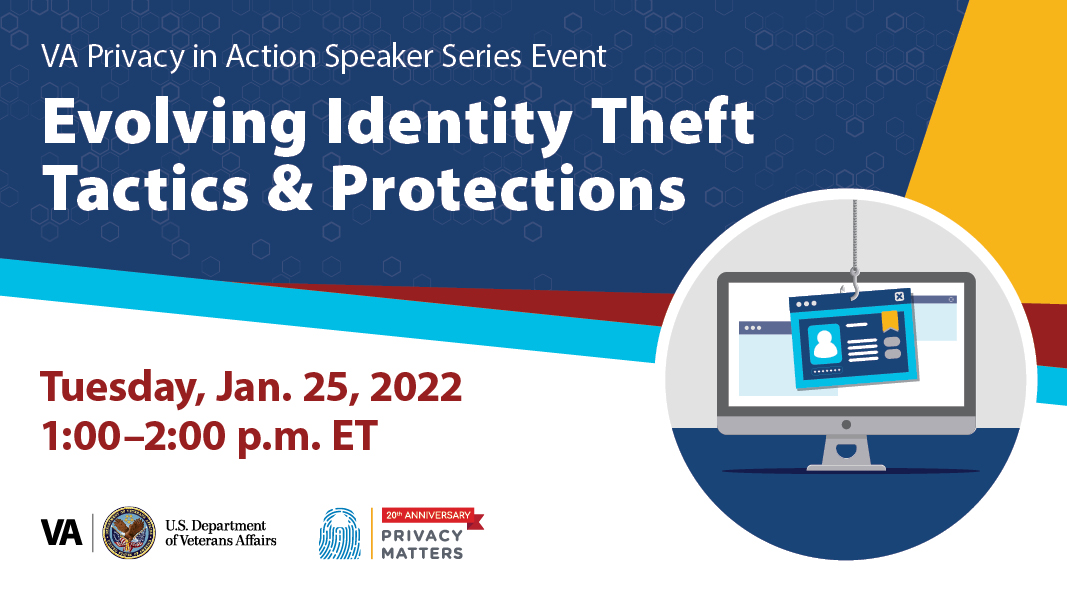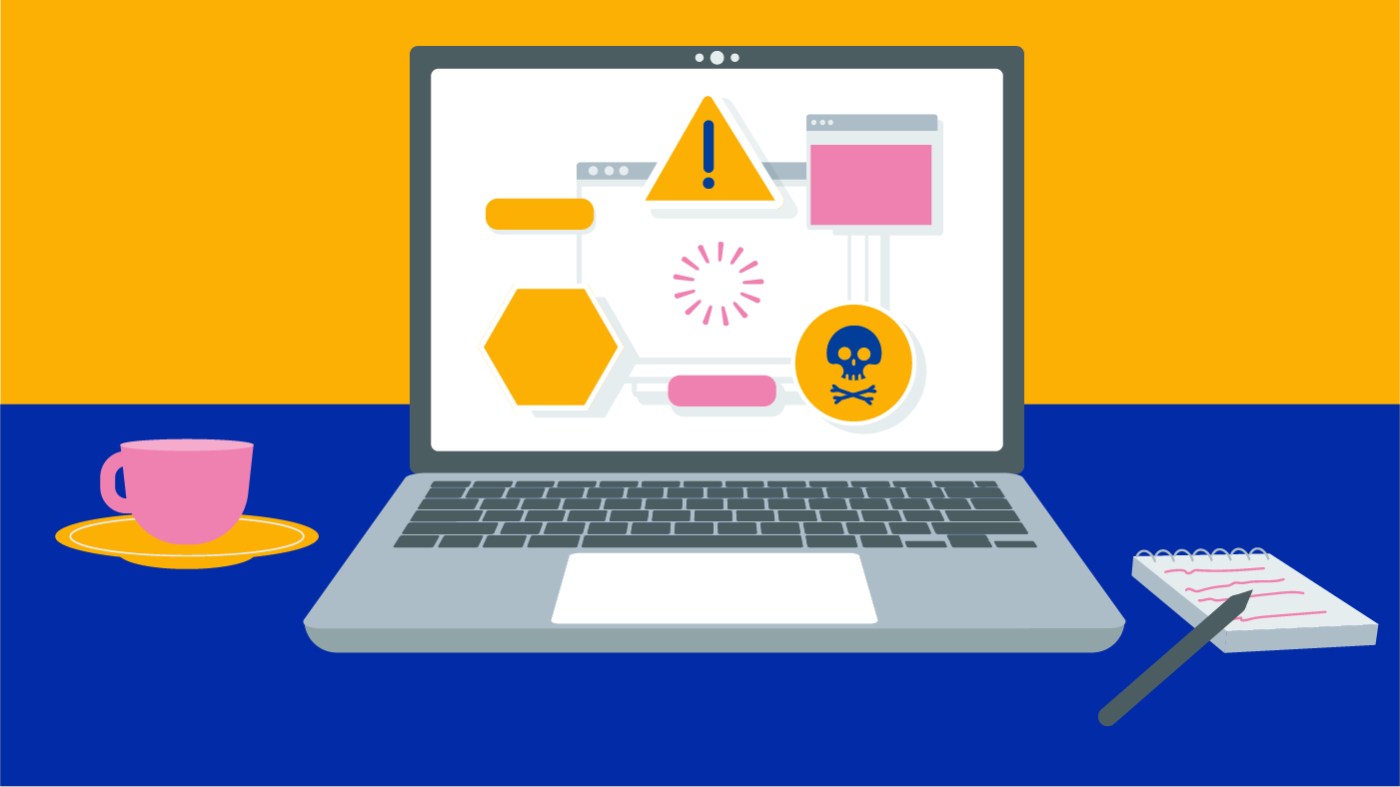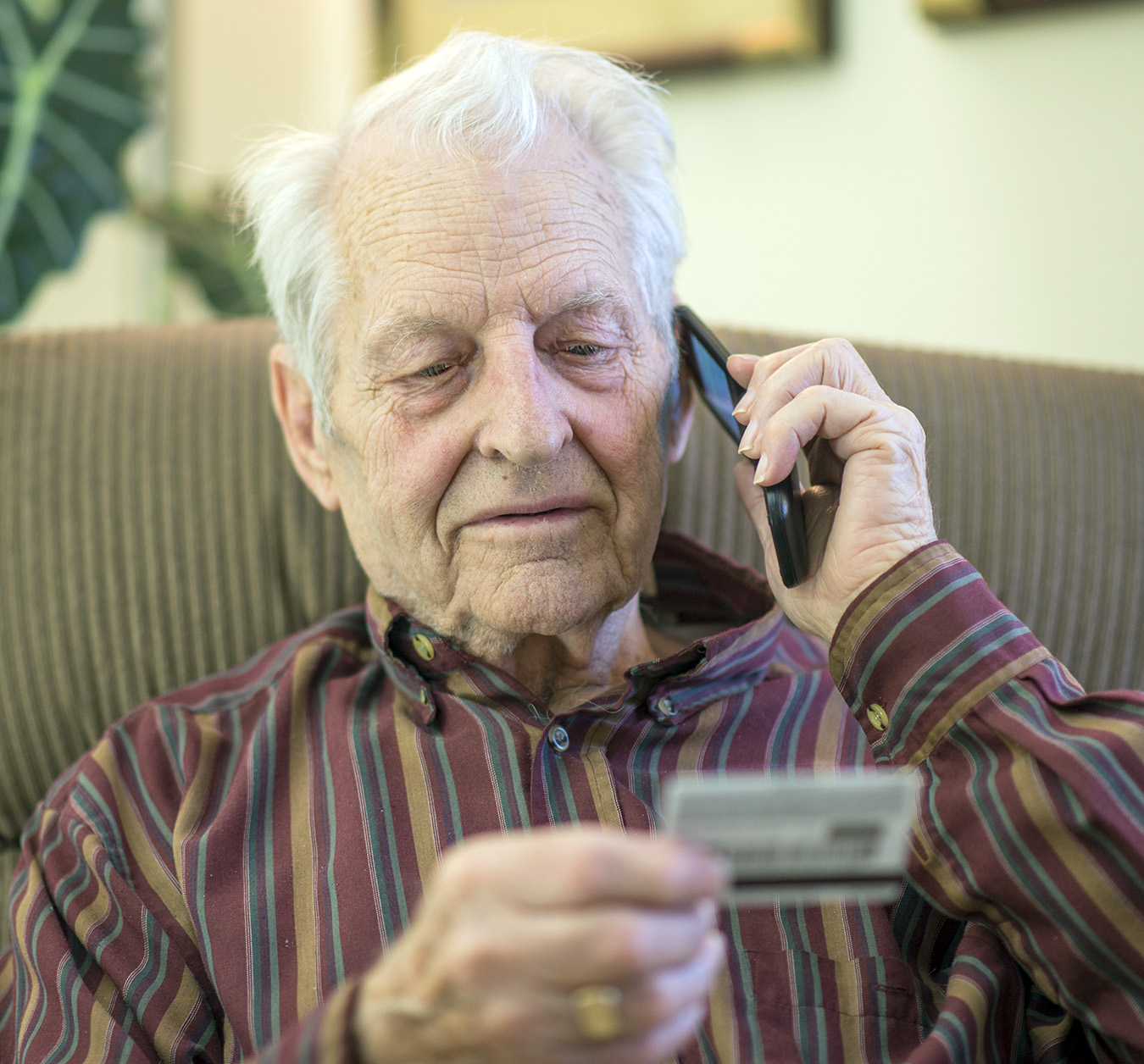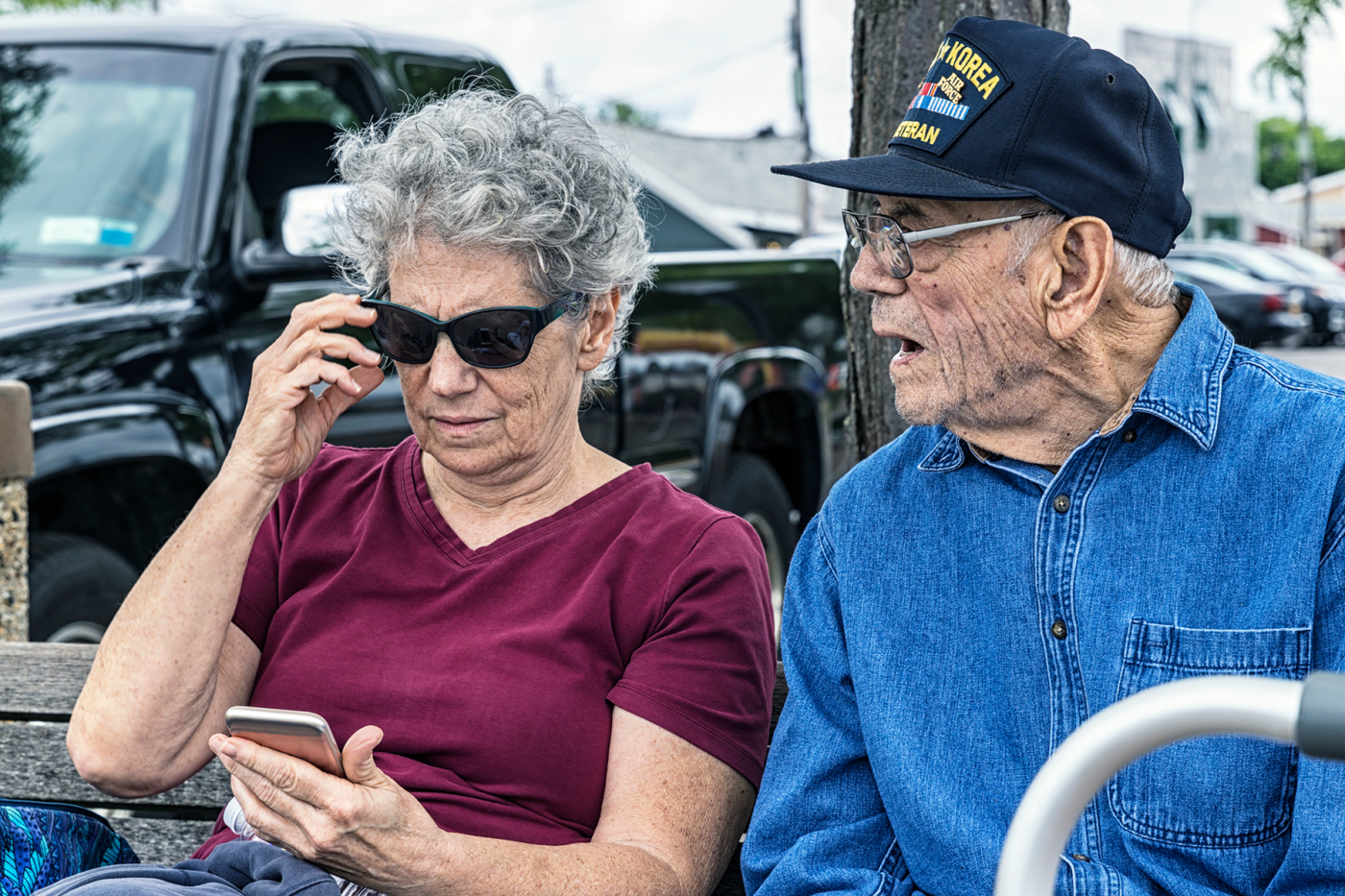Multi-factor authentication, also known as (2FA), is an easy, two-step verification process to prove and protect one's identity online.
Do you know how much money fraudsters have stolen from Veterans? Now more than ever, it's imperative to be educated on the ways a scam artist can target you.
October is Cybersecurity Awareness Month (CSAM), and it’s time to remember that cybersecurity is everyone’s responsibility.
Information Security and Privacy Awareness Week (ISPAW) is the time to consider tips to better protect your family.
We all hear about privacy incidents, but what are they? Read to find out during Information Security and Privacy Awareness Week.
VA has seen an increase of fraudsters and pension poachers targeting the pension benefits of elderly Veterans, their dependents and survivors.
Veterans wanting to learn more about financial literacy can take advantage of the following free resources and events from The Office of the Comptroller of the Currency (OCC)
At VA, your privacy is our priority. Read how VA’s privacy policies and practices adhere to data stewardship principles in managing web user data.
VA Privacy Service launches its first Speaker Series event of the year to recognize Data Privacy Week and Identity Theft Awareness week.
U.S. Postal Inspection Service and its Operation Protect Veterans campaign want Veterans to be mindful of potential donation scams.
These tips for spotting and avoiding VA home loan scams come from the Consumer Financial Protection Bureau. Many service members, Veterans and military spouses have been receiving fraudulent calls and mailers from companies who claim to be affiliated with the government, VA, or their home loan servicer.
If you currently receive VA pension or are thinking about applying for Veterans Pension, you could be the target of a scam known as pension poaching.

